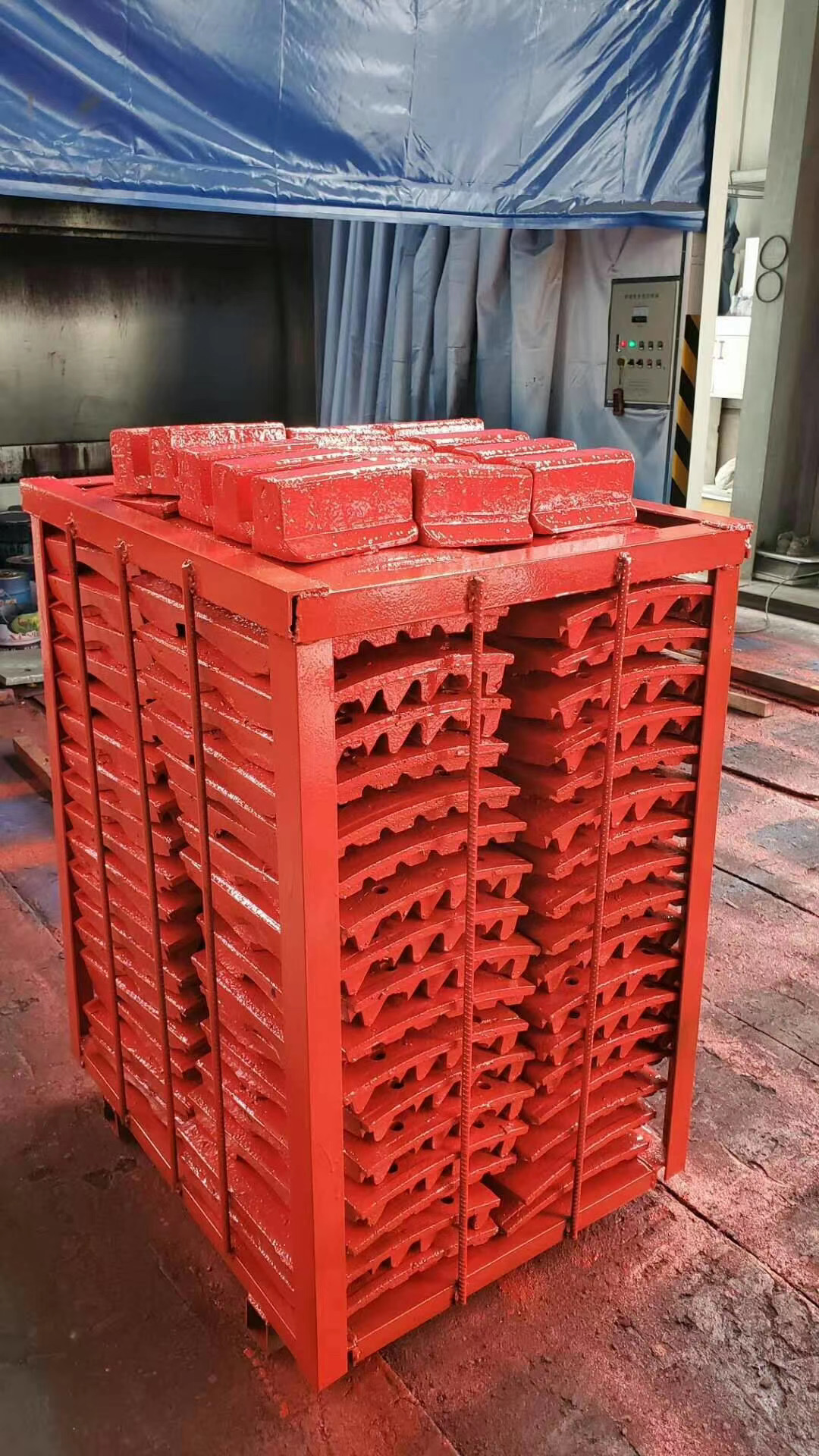




Cast iron plates have been a cornerstone of industrial manufacturing for centuries, offering exceptional durability and versatility. Hebei Mingda International Trading Company, a leading provider of precision metal components, specializes in producing high-quality cast iron plates tailored to meet diverse industrial needs. This article delves into the technical specifications, applications, and advantages of cast iron plates, while highlighting the company's expertise in this field.
Cast iron is an iron-carbon alloy with a carbon content exceeding 2.11%, typically ranging between 2.5% and 4%. It contains significant amounts of silicon, manganese, sulfur, and phosphorus, along with trace impurities. The unique properties of cast iron stem from the form and distribution of carbon within its structure, which can be categorized into three primary types:
For a deeper understanding of material standards, refer to the National Institute of Standards and Technology (NIST) guidelines on metallurgical standards.
With over 16 years of experience, Hebei Mingda International Trading Company has established itself as a trusted name in the production of cast iron plates and related components. The company specializes in ductile iron sand casting, lost foam casting, and vacuum molding, ensuring precision and consistency in every product. Their capabilities extend to CNC machining, surface grinding, and sub-assembly services, catering to both domestic and international clients.
Key aspects of their operations include:
Visit the Hebei Mingda website to explore their full range of services.
| Specification | Details |
|---|---|
| Material | Cast Iron (Ductile, Gray, or Nodular) |
| Carbon Content | 2.5%–4% |
| Hardness | Varies by type (e.g., 150–300 HB for gray cast iron) |
| Applications | Valves, pumps, railway components, and industrial machinery |
| Surface Finish | Customizable (e.g., machined, sand-cast, or polished) |
Cast iron plates offer several advantages that make them indispensable in industrial applications:
For insights into material testing standards, refer to NIST's research on material properties.
Cast iron plates are used across various sectors, including:
Explore Hebei Mingda's cast iron plate product page for detailed application examples.
Hebei Mingda adheres to rigorous quality control measures, ensuring compliance with international standards. Their production processes include:
For more information on quality assurance, visit the NIST standards page.
Cast iron plates remain a vital component in modern industrial manufacturing, combining strength, versatility, and cost-effectiveness. Hebei Mingda International Trading Company's expertise in precision casting and CNC machining positions it as a reliable partner for businesses seeking high-quality cast iron solutions. Whether for infrastructure, machinery, or automotive applications, their products deliver exceptional performance and durability.

1. National Institute of Standards and Technology (NIST) - Standards and Measurements
2. Hebei Mingda International Trading Company. (n.d.). Official Website
3. NIST Research on Material Properties
Keywords: platen, china blind plate, china flange plate, hot plate cast iron